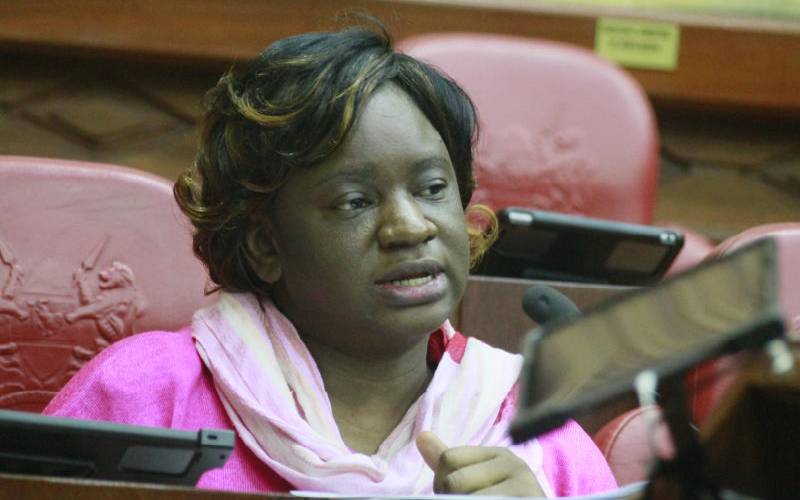×
The Standard e-Paper
Fearless, Trusted News

Technology service providers and a human rights group have proposed changes to the Data Protection Bill 2019.
Google, Amnesty International and Technology Service Providers of Kenya (Tespok) made their submissions yesterday to the National Assembly ICT committee.